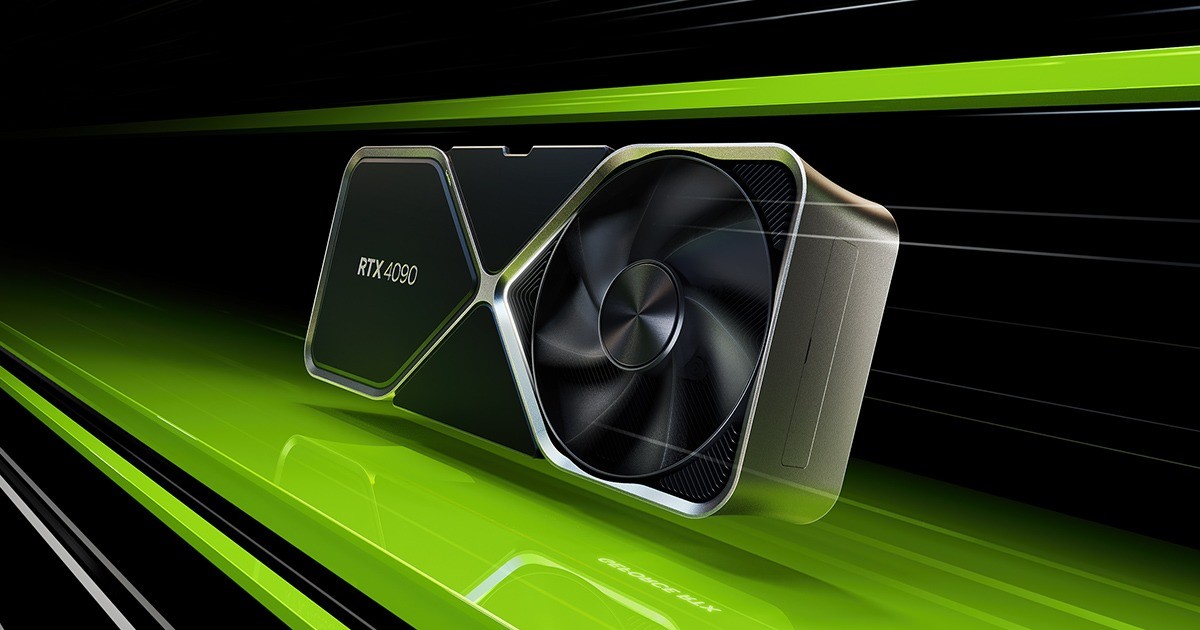
In a move that has sent shockwaves through the gaming and tech communities, NVIDIA has announced the discontinuation of its flagship graphics cards, the GeForce RTX 4090 and the China-exclusive RTX 4090D. This decision comes as the company gears up for the launch of its next-generation RTX 5090 series, expected to hit markets in early 2025.
The RTX 4090, which debuted in October 2022, quickly became the benchmark for high-end gaming performance. Despite its hefty price tag, starting at around $1,600, the card found favor among enthusiasts and AI professionals alike. However, it wasn't without its issues, including high power consumption and reports of melting power connectors.
With production set to cease in October 2024, industry experts predict a potential shortage in the coming months. This scarcity could lead to a temporary spike in prices, particularly in the AI sector where the RTX 4090 has been widely adopted.
Looking ahead, the upcoming RTX 5090 is rumored to offer a substantial performance boost, with early reports suggesting up to 48% faster gaming performance. The new card is expected to feature 28GB of cutting-edge GDDR7 memory with a bandwidth of 28 Gbps. However, questions remain about its power requirements, with conflicting reports on whether it will consume more or less energy than its predecessor.
For those still eager to get their hands on the current-gen powerhouse, some retailers are offering significant discounts on pre-built systems featuring the RTX 4090. For instance, Dell is currently selling its Alienware Aurora R16, equipped with the RTX 4090, at a $1,000 discount.
As NVIDIA prepares to turn the page on the RTX 4090 era, gamers and tech enthusiasts are eagerly anticipating what the next generation of graphics cards will bring to the table. With the promise of improved performance and cutting-edge technology, the RTX 5090 is poised to set new standards in the world of high-end gaming and graphics processing.